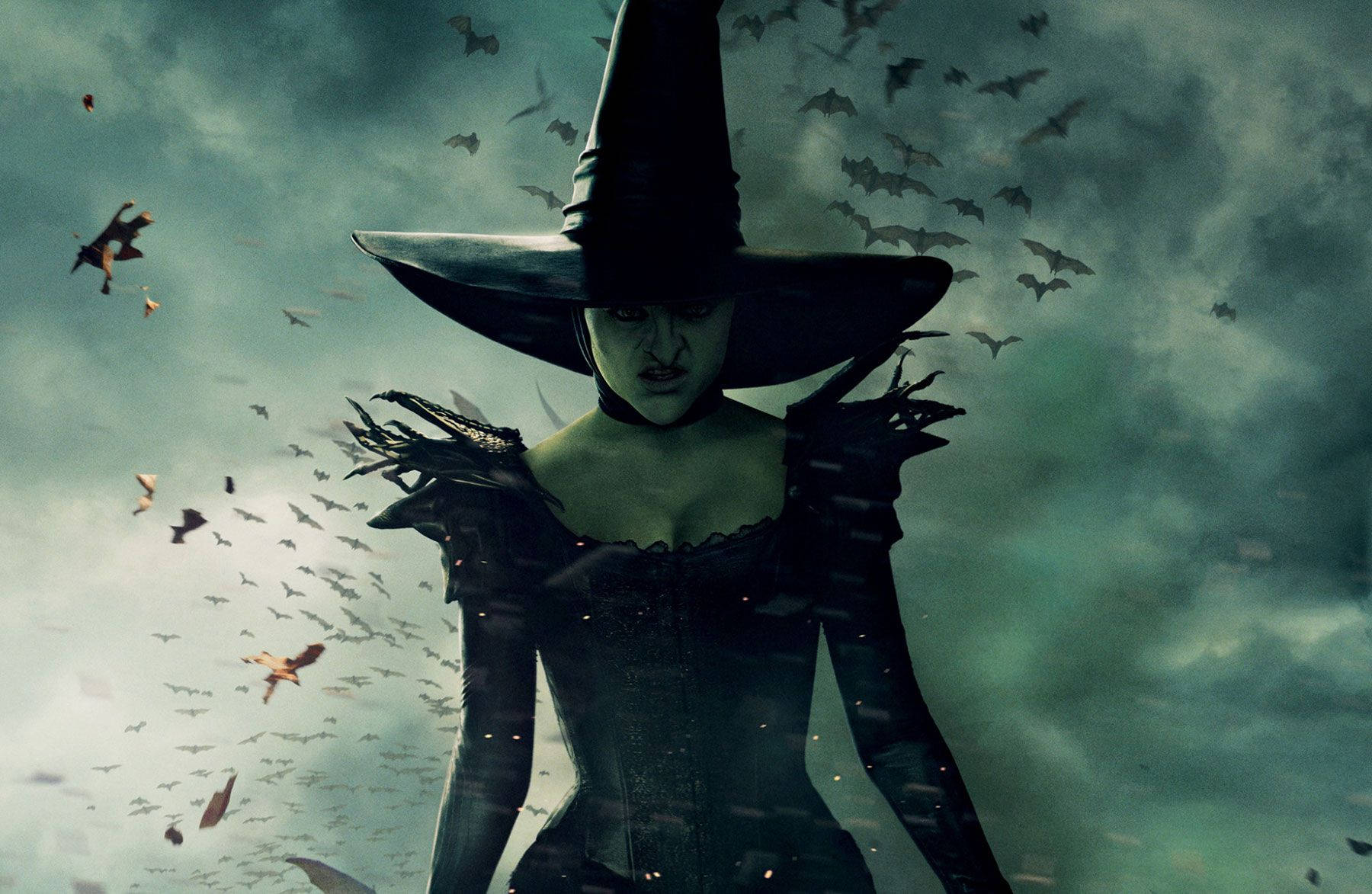
FAQ About Magic in the Middle Ages
Magic in the Middle Ages
2 years ago | gizem
Did medieval rulers and nobles use magic for political purposes?
While there is some evidence of medieval rulers and nobles using magical practices for political purposes, such occurrences were relatively rare and often concealed due to the prevailing religious and societal attitudes toward magic. Here are some instances where magic was purportedly used by medieval rulers and nobles for political ends:
- Astrology and Prophecy: Medieval rulers and nobles sometimes consulted astrologers and prophets to gain insights into the future, make strategic decisions, or validate their claims to power. Astrologers and seers were believed to have the ability to predict the outcomes of battles, the success of marriages, or the fate of kingdoms, and their advice could influence rulers' decisions.
- Magical Protection and Charms: Medieval rulers and nobles often sought magical protection for themselves and their domains. They might wear or carry talismans, amulets, or other magical charms believed to provide protection from harm or enhance their political standing.
- Allegations of Magical Influence: Rulers sometimes accused their political rivals of using magic against them to undermine their rule or cause harm. These allegations could lead to accusations of witchcraft or sorcery, resulting in the persecution of the accused.
- The Suppression of Magical Rivals: Some rulers and nobles actively sought to suppress and eliminate rival practitioners of magic within their domains, viewing them as threats to their authority or seeking to monopolize access to supernatural powers.
- Involvement in Magical Rituals: There were cases of rulers and nobles being rumored to participate in magical rituals or ceremonies to solidify their political position, ensure the success of military campaigns, or maintain their hold on power.
